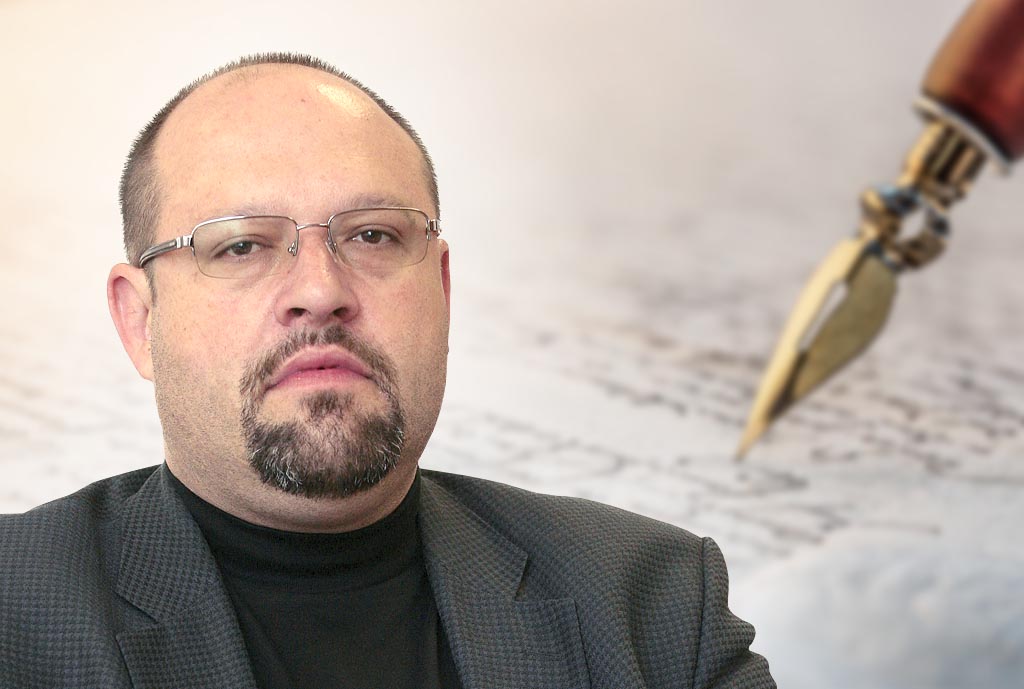By: Dr Matevž Tomšič
The realisation that the mandate of the current ruling coalition is one big fiasco is becoming increasingly widespread. Support for the government is at a record low. Support for the largest ruling party has significantly declined. The prime minister has found himself at the bottom of the rankings of popular politicians. Even mainstream media, which almost unreservedly supported him at the start of his term, have begun to muster the courage to publish critical pieces about his “style of governance”.
The government has not been able to successfully address any problems that critically affect Slovenian citizens. Some issues (such as the shortage of doctors and teachers) have not been addressed at all; in cases where the government did take action (such as electricity prices), it only caused confusion. In short, achievements in this regard are very limited.
In fact, the government has been “successful” only in matters of symbolic and ideological nature. It has been most active in these areas, led by the Levica party, which controls the key Ministry of Culture. They abolished the Museum of Slovenian Independence, eliminated the Day of Remembrance for Victims of Communist Violence, and revoked the status of religious communities as organisations serving the public good. Now, they seek to ban the display of symbols of non-democratic ideologies, excluding communism and its symbols. This is no coincidence, as many of those in power openly or covertly revere communism.
Additionally, there is a renewed resistance to anything Catholic, a sentiment with a long tradition among Slovenian “progressive forces”. While this sentiment weakened somewhat during the last two leftist governments under Cerar and Šarec (both declared themselves Catholics), it has resurfaced. Once again, the presence of clergy outside church walls is seen as bothersome. For example, prominent members of the Gibanje Svoboda party, MP Tamara Vonta and former minister Emilija Stojmenova Duh, managed to cancel a St. Martin’s Day celebration at an elementary school in Leskovec near Krško, which was supposed to include a priest’s blessing of the wine. They threatened the school administration with inspections if the event proceeded.
Supporters of this intervention justify it by citing concerns about serving alcohol on school premises. But this is just an excuse. Events involving alcohol are commonplace across Slovenia. Moreover, the event would have taken place outside school hours. One can doubt that there would have been any objections if a priest’s presence had not been planned. The priest’s involvement also caused discomfort for some on the left during the recent blessing of a school in Kamnik. Yet, at the same time, it is entirely normal for various LGBT activists and similar groups to spread their ideas in school settings – sometimes with student participation. Traditional events rooted in Slovenian heritage are thus deemed disruptive, while promoting woke ideologies is seen as desirable.
Fueling the culture war – ideological clashes between “us” and “them” – can be understood as an attempt to divert attention from the inefficiency, incompetence, and scandals plaguing the ruling elite. But in reality, this is the only area where they are truly effective. The result is a rise in radicalism. It is hard to find so many extreme viewpoints supporting autocratic and violent regimes – from Putin’s Russia to Hamas in Gaza – anywhere else in Europe. The same circles are often involved. Those who advocate Russian aggression in Ukraine and Islamic terrorism largely overlap with those who glorify communism and justify its crimes. What unites them is their rejection of Western civilisation, its achievements, and its legacy. They are pursuing a form of non-alignment, and Slovenian foreign policy, influenced by these ideas, follows suit.
